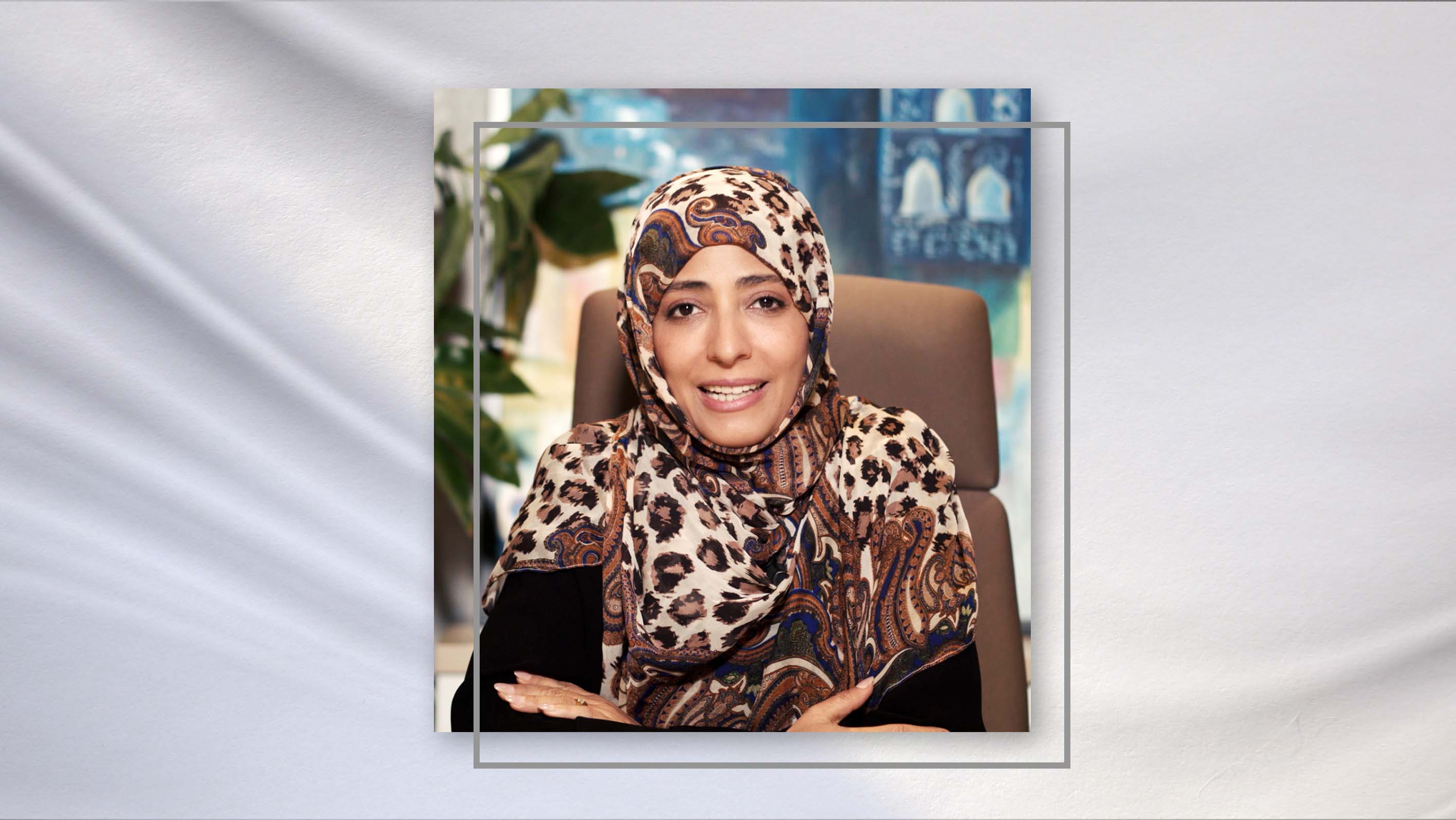
Tawakkol Karman's Speech at Fifth International Conference on Women and Peace - Seoul
Ladies and gentlemen,
First of all, I am grateful to the South Korean Minister of Foreign Affairs for the invitation to this important conference. Although I regret not being able to attend in person, I am thankful for the opportunity to participate online, made possible by modern technology.
By the way, I extend my congratulations to South Korea for assuming the role of leading the UN Security Council from 2024 to 2025. This position brings significant challenges and responsibilities aimed at enhancing and safeguarding security and peace. One of the key priorities is the fulfillment of its commitment to advancing the Women, Peace, and Security (WPS) agenda through its "Work" initiative, which emphasizes the crucial role of women in promoting peace.
Dear all,
The success of the Women, Peace, and Security Agenda is contingent on effectively integrating women into decision-making processes and increasing their representation across all levels of national, regional, and international institutions. It also relies on collaborating with women, providing support, and assisting them in achieving their aspirations for freedom, justice, dignity, equality, and well-being.
In the pursuit of peace, women are actively engaged in crucial battles against tyranny and occupation. This struggle is evident in the Arab Spring countries such as Yemen, Syria, Egypt, Tunisia, Libya, Sudan, as well as in Ukraine and Palestine. It is during these times that tyrants present the most significant threat to global peace and security.
It is essential to prioritize the protection of women, particularly in areas affected by armed conflict. The recent conflict in Gaza has exposed the fragility of fundamental principles that were once considered achievements for humanity. Notions of human solidarity and the safeguarding of vulnerable groups, including women and children, have been compromised. Disturbingly, according to recent Palestinian statistics, the number of women killed during this war exceeds three thousand, while the number of children killed exceeds five thousand.
The core issue lies in the delegation of implementation, supervision, and monitoring processes to regimes and authoritarian governments, which is a shared challenge across international decisions. This includes resolutions like the UN Security Council Resolution 1325 on Women, Peace, and Security, the Convention on the Elimination of All Forms of Discrimination Against Women, the Beijing Platform for Action, and the commitments outlined in the concluding document of the Special Session of the General Assembly titled "Women 2000: Gender Equality, Development, and Peace in the 21st Century." Despite the significance and importance of their provisions, this reliance on regimes and authoritarian governments poses a significant obstacle.
Until these decisions, treaties, and international covenants are supported by a United Nations mechanism that ensures their implementation, monitoring, and international oversight, as well as provisions for punishment, deterrence, and condemnation of those who violate them, including regimes and rulers, they will remain mere ink on paper. Otherwise, women will continue to reap nothing more than sweet promises on paper from these agreements while experiencing deprivation, exclusion, annulment, and marginalization, albeit to varying degrees among different countries and populations worldwide.
Thank you all
